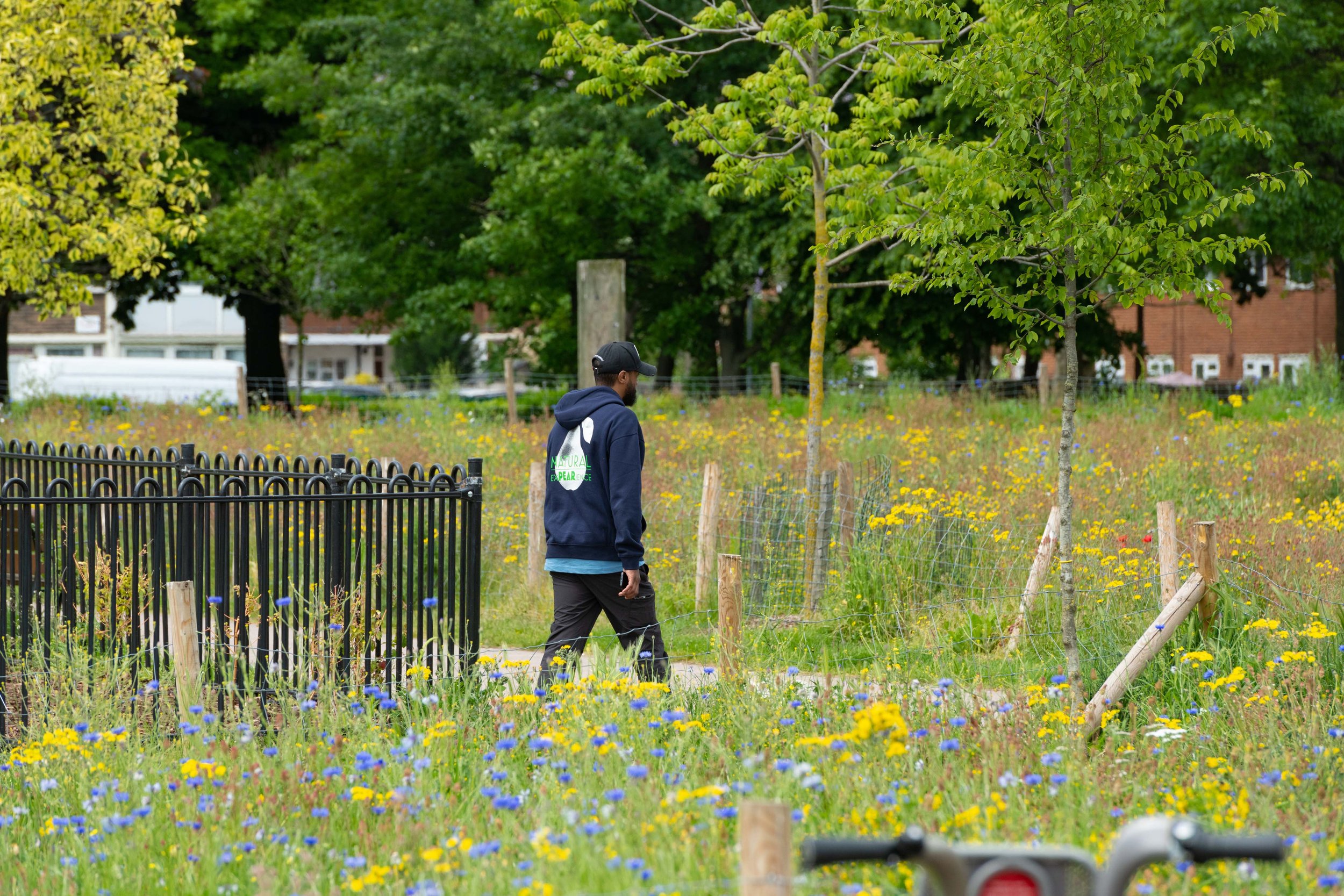Carbon Net Zero
Climate change is happening. It is the defining environmental issue of our time, causing an unprecedented loss of biodiversity, destroying ecosystems, and threatening human existence.
Addressing it is a collective responsibility and we all have a part to play. As a leader in the landscaping industry, Blakedown understands the importance of taking responsibility and making a positive impact.
Our vision is to integrate sustainable practices, materials and technologies into our projects, ensuring they are environmentally friendly, regenerative, and contribute to the wellbeing of communities.
We are committed to reducing our carbon footprint and working towards achieving verified carbon neutral status and ultimately net zero emissions, aligning with global efforts to combat climate change.
“Blakedown is working with carbon partner, Auditel, with the strategic objective of reaching verified carbon neutrality by 2026 and ultimately net zero.”
“Our vision is to integrate sustainable practices, materials and technologies into our projects, ensuring they are environmentally friendly, regenerative, and contribute to the well-being of communities.”
More and more we are collaborating with our clients and other stakeholders on environmental issues and sustainable practices. Measuring and reducing our carbon footprint demonstrates our commitment to sustainability and responsible practices, which sits at the heart of all our decision making.
This is important not only for our own reputation, but also for our stakeholders’ expectations and attracting and retaining environmentally conscious employees who want to work for a business that values sustainability.
Decarbonisation Projects
Blakedown has made a number of operational changes to offset and reduce carbon emissions which they will continue to adopt and improve upon.
These include the phased replacement of petrol hand tools with battery powered equipment; the use of trackers to manage fleet carbon emissions and the introduction of hybrid vehicles; the prioritisation of water and recycling efficiency; and the minimisation of waste.


